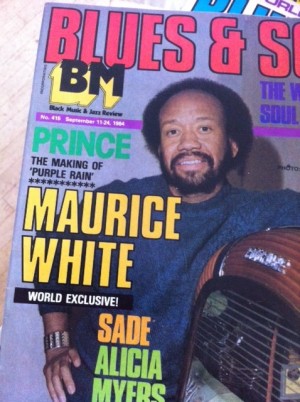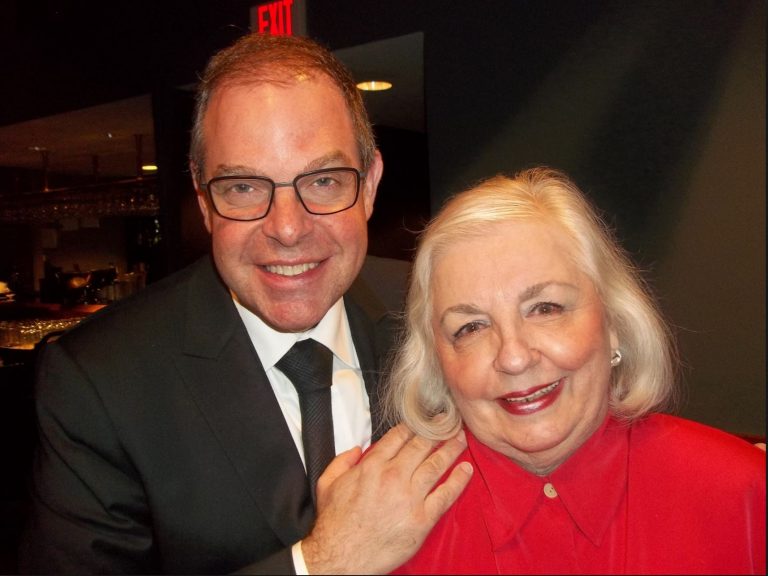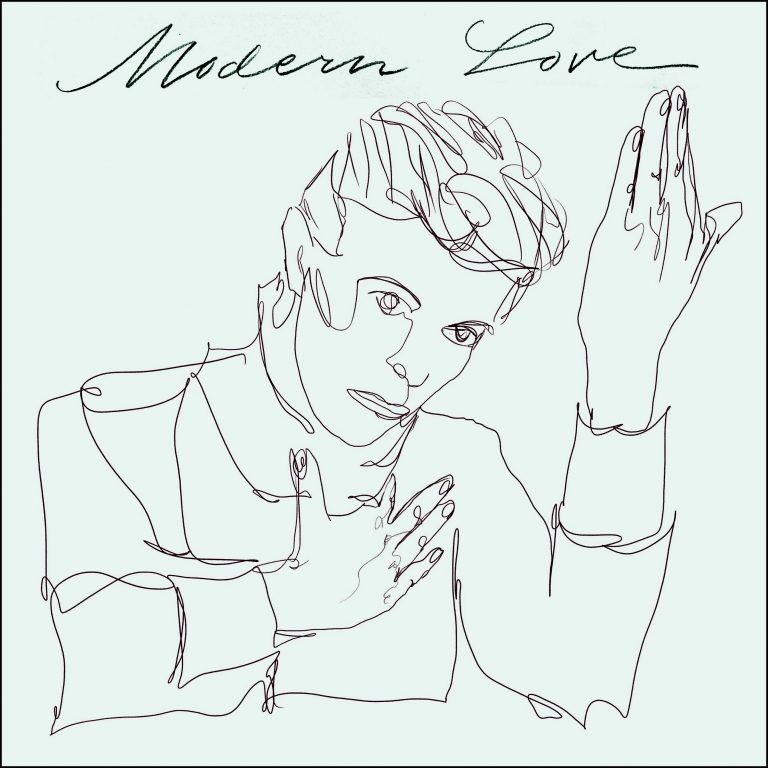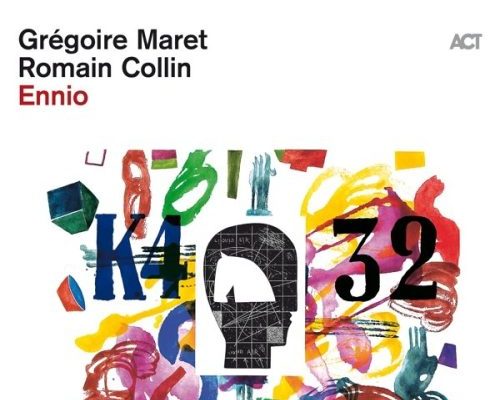R.I.P. Maurice White – The Impossible Is Possible
 Maurice White wrote countless songs that have become classics, accompanied us while growing up and let us dance to “September” and “Boogie Wonderland” in a long-defunct club in Cologne. I remember recording “That’s The Way Of The World” onto cassette (the good old days I know) and then listening to it over and over and over again. I’m still not tired of this gem.
Maurice White wrote countless songs that have become classics, accompanied us while growing up and let us dance to “September” and “Boogie Wonderland” in a long-defunct club in Cologne. I remember recording “That’s The Way Of The World” onto cassette (the good old days I know) and then listening to it over and over and over again. I’m still not tired of this gem.
Maurice founded Earth, Wind & Fire back in 1969 and they released their first, self-titled album in 1971. Before that, Maurice was a sought-after session drummer. He recalled in an interview with Blues & Soul magazine (September 11,1984): “We’re talking back in the mid-sixties, maybe early sixties. I worked with a lot of those legends – Howlin’ Wolf, Muddy Waters, John Lee Hooker. And then I did a lot of Chess’ more popular stuff…I recorded material with Etta James, did Fontella Bass’ “Rescue Me”, sessions with the Radiants…” He also worked with the Ramsey Lewis Trio. And his first group was called the Salty Peppers (they recorded for Capitol).
Earth, Wind & Fire (named after the three elements of Maurice’s astrological sign) had their first charted single with “Love Is Life” which peaked at Nr. 93 on the Billboard charts in 1971. Their first, and actually only Number 1 song in the US, came in 1975 with “Shining Star”. And the hits kept on coming: “Sing A Song”, “Reasons”, “Getaway”, “Serpentine Fire”, “Fantasy”, “September”, “Boogie Wonderland”, “After The Love Has Gone”, “Let’s Groove”, and so on. Maurice produced timeless recordings for Ramsey Lewis (the unforgettable “Sun Goddess” in 1974), The Emotions (“Best Of My Love”, “Don’t Ask My Neighbors”, 1977), Deniece Williams (the sublime “Free”, 1976), and Barbra Streisand.
But Maurice’s songs didn’t work on the dancefloors only. In fact, most of them had a message. In an interview for Blues & Soul magazine from November 10, 1987 for the release of their “Touch The World” album, Maurice states: “Although we might have different individual beliefs, we’re unified by certain ideas – that we should love our neighbors as ourselves, that we’re brought together by a sense of humanity and love. In many ways, we’ve been the scribes of music and we can never get away from keeping a spiritual overtone in what we do.” And three years later, in an interview for their “Heritage” album (Blues & Soul February 27, 1990), he said : “In what may seem like bad times, it’s very important to stimulate pride in one’s cultural heritage. We’re continuing in the tradition of trying to touch and bring a message to people. With some of the issues that young people in particular are dealing with like the drug situation, we find kids lacking motivation, young people who are not proud of who they are and we want to use music to instill pride in what African-Americans have done.”

“It seems that people expect that once you form a group, you’re supposed to stick with that forever, without growing or trying new things. I’ve never been someone who could just keep still creatively. I think that’s what made EW&F so successful – all of us kept coming up with very different ways of approaching music.” (Blues & Soul September 3rd, 1985 in an interview on his first and only solo record).
After a two decade battle with Parkinson’s and at age 74, Maurice White has moved on. “Coming from the South and being raised in Chicago, I learned early on that the impossible is indeed possible: And you could say that’s the way I’ve lived my life”.






